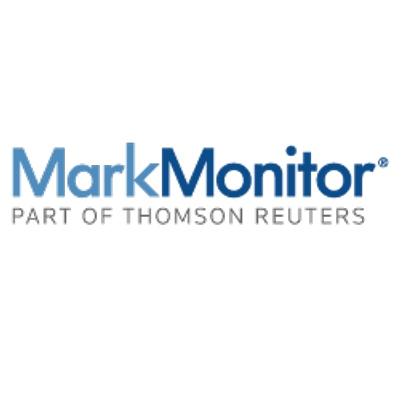A staggering 24% of consumers have been duped by online counterfeiters
Almost one quarter of consumers have bought a product online that turned out to be counterfeit, including fashion or footwear, electronics and digital content. This is according to new research commissioned by MarkMonitor®, the world leader in enterprise brand protection. The survey, conducted by a leading market research company Opinium, analysed the online shopping habits of 3,450 consumers across nine countries to understand shoppers’ opinions on issues such as buying counterfeit goods and online security.
When it comes to general shopping behaviour, the study found that consumers do just over one-third (34%) of all their shopping online, which increases by 15% during the festive season. With the countdown to Christmas shopping well underway, consumers face even more risk of either unknowingly buying fake goods online, or being exposed to websites that sell them.
Despite the number of shoppers who admitted to being caught out by online counterfeiters, the research actually showed that 70% of consumers would not buy counterfeit goods, with 64% of that subsample stating they wanted the real thing. Nearly half (48%) said they thought buying fake products was morally wrong.
“As we get closer to Christmas, it’s crucial that consumers are on their guard when they hunt for bargains online,” said Mark Frost, CEO of MarkMonitor. “Along with any increase in online buying behaviour comes a growing threat to consumers — the risk of being exposed to websites selling fake goods and unknowingly buying counterfeit goods in search of a bargain. With the level of sophistication that counterfeiters are using on their websites, it is becoming increasingly harder for customers to determine if products are genuine.”
Another key finding of the research was that security remains a key concern for shoppers —64% of consumers worry about their security online. However, the study also found that one-quarter of respondents don’t know how to validate if the website they are purchasing from is legitimate. These findings demonstrate that protecting and educating consumers about online threats is a key priority. In addition, from a brand perspective, a clear and comprehensive brand protection strategy is critical for brand owners to ensure that their customers can take the strongest action possible to tackle the counterfeit challenge.
The research was conducted online by Opinium between 5 and 10 November 2015. Countries in the study include the UK, France, Denmark, Germany, Italy, Netherlands, Spain, Sweden and the USA.
[su_box title=”About MarkMonitor” style=”noise” box_color=”#336588″] MarkMonitor, the global leader in enterprise brand protection, offers comprehensive solutions and services that safeguard brands, reputation and revenue from online risks. With end-to-end solutions that address the growing threats of online fraud, brand abuse and unauthorised channels, MarkMonitor enables a secure Internet for businesses and their customers. The company’s exclusive access to data combined with its patented real-time prevention, detection and response capabilities provide wide-ranging protection against the ever-changing online risks faced by brands today.[/su_box]
MarkMonitor, the global leader in enterprise brand protection, offers comprehensive solutions and services that safeguard brands, reputation and revenue from online risks. With end-to-end solutions that address the growing threats of online fraud, brand abuse and unauthorised channels, MarkMonitor enables a secure Internet for businesses and their customers. The company’s exclusive access to data combined with its patented real-time prevention, detection and response capabilities provide wide-ranging protection against the ever-changing online risks faced by brands today.[/su_box]
The opinions expressed in this post belongs to the individual contributors and do not necessarily reflect the views of Information Security Buzz.



